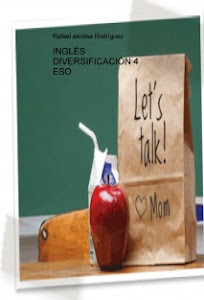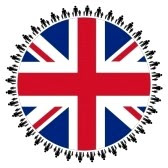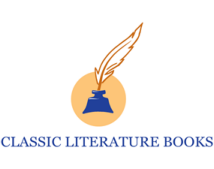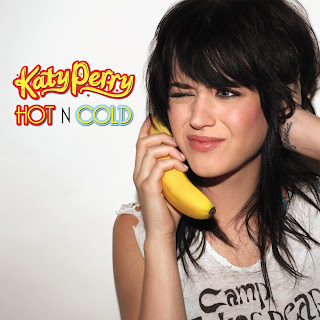READING COMPREHENSION: Edinburgh has been a centre of medical learning for five centuries. King James IV, who performed surgery himself, gave royal approval in 1505. The present-day name of The Royal College of Surgeons came into use in 1681.
 Read the text, then try the comprehension exercise below:
Read the text, then try the comprehension exercise below:Just below Edinburgh Castle, at the western end of its main street, Princes Street, there is a small tower. It is at the entrance to St Cuthbert's churchyard. Probably even most local people do not know its connection with medicine.
Edinburgh holds a particular place in medical history because of the pioneering work at the University in the teaching of anatomy. This, too, had its unusual aspects. In the 18th and early 19th centuries, a father, son and grandson, all named Alexander Monro, formed a dynasty of professors in charge of anatomy for an unbroken 126 years.
But there was a dark side. Studying anatomy required dissection. Dissection required bodies. Normally those were criminals who had been hanged. But not always. A body could be sold to the anatomy school without questions being asked. The first Alexander Monro worried in 1725 that "the requirements of anatomical teaching provided unscrupulous criminals with a particularly macabre opportunity for illicit gain."
That was why watchtowers - such as the one surviving in St Cuthbert's - were built: to prevent newly-buried corpses being stolen. But people's greatest fear was of what might happen if there were no bodies... That fear became real in 1828 with the notorious case of Burke and Hare. Having legally sold one dead person to the university, they went on to sell another sixteen. Unfortunately, all of those had been alive until they met the two murderers.
An exhibition in the Sir Jules Thorn Museum in the Royal College of Surgeons tells the story of the surgeons and anatomists in Edinburgh.
Look at the statements below, according to the text are they true or false?

1
: The tower is famous for its connection to medicine. True or False True False
2: It was possible to study anatomy without actual bodies. True or False True False
3: Anatomy schools always checked carefully where the bodies came from. True or False True False
4: The watchtowers' purpose was to stop people stealing bodies from churhyards. True or False True False
5: Burke and Hare stole 16 bodies from a church graveyard.
Vocabulary HELP for the text:
the pioneering work :work which is being done for the first time
anatomy :the scientific study of the human body
a dynasty :
a long period of time when the same family is in control of something
dissection :
the cutting up of a body to study it
unscrupulous :without honesty or decency
 macabre :
macabre :unpleasant and unusual with a connection to death
illicit gain:getting money illegally
surviving:
still existing, not destroyed
buried :from the verb to bury - to put a dead body in the ground



















































